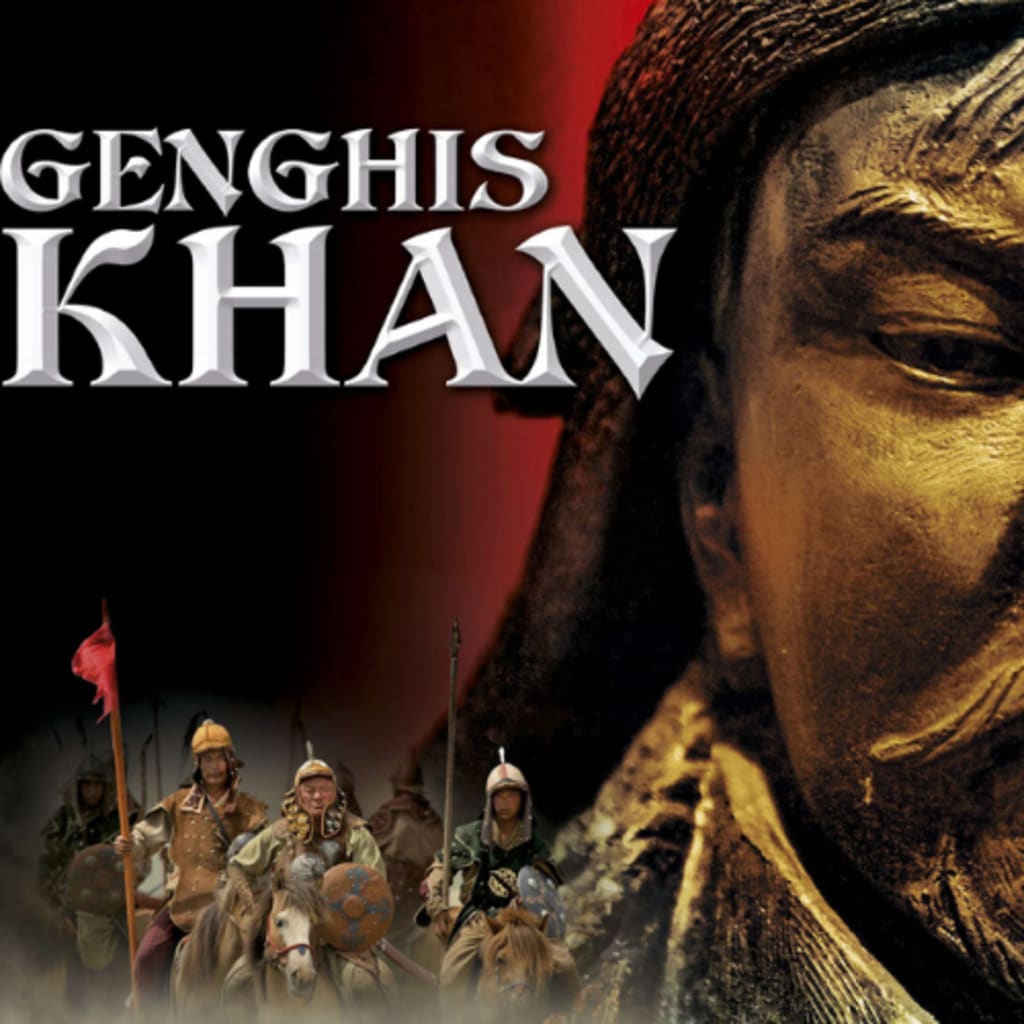Who Was Genghis Khan ?
the mongolian king ...

Genghis Khan, born as Temujin around 1162, was a Mongolian warrior and conqueror who founded the Mongol Empire, one of history's largest empires. His leadership and military prowess transformed him into a legendary figure.
Temujin's early life was marked by hardship and conflict. He came from a noble family, but after his father's death, his tribe abandoned them, leaving Temujin and his family vulnerable. Determined to survive and regain his status, Temujin navigated the complex tribal alliances of the Mongolian steppe, forming alliances and defeating rival tribes.
By 1206, Temujin had successfully unified the Mongol tribes, earning the title "Genghis Khan," which means "Universal Ruler." He established a code of laws, known as the Yassa, to govern his people and foster unity. Genghis Khan reorganized the Mongol military, emphasizing discipline, mobility, and innovative tactics.
Genghis Khan's conquests began with raids against neighboring tribes, expanding gradually into larger campaigns. His forces employed strategies such as feigned retreats, lightning-fast cavalry attacks, and siege warfare, which allowed them to overcome formidable opponents. The Mongols' skilled horsemanship and effective use of composite bows gave them a significant advantage in battle.
The Mongol Empire rapidly expanded under Genghis Khan's leadership. They conquered much of Central Asia, including modern-day Mongolia, China, and parts of the Middle East and Eastern Europe. Cities that resisted faced devastating destruction, while those that surrendered were often treated with relative leniency.
Genghis Khan was not only a military leader but also an astute administrator. He established a postal system, promoted trade and communication along the Silk Road, and introduced policies to improve the lives of his subjects. He embraced religious tolerance, allowing the practice of various faiths within his empire.
Despite his military successes, Genghis Khan faced setbacks and challenges. He experienced difficulties in conquering the Jin Dynasty in northern China, but after his death, his successors completed the conquest, establishing the Yuan Dynasty under Kublai Khan.
Genghis Khan died in 1227 during a military campaign against the Tangut kingdom. His empire continued to expand under his descendants, known as the Great Khans, who extended Mongol rule even further, including the conquest of Southern China and the establishment of the Ilkhanate in Persia.
Genghis Khan's legacy is complex and multifaceted. While he is often depicted as a ruthless conqueror responsible for the deaths of millions, he also left a lasting impact on the regions he conquered. His empire facilitated cultural exchange, technological diffusion, and economic growth, contributing to the development of Eurasian societies.
Genghis Khan's military strategies and organizational skills influenced subsequent military leaders, and his administrative reforms left a lasting legacy. The Mongol Empire paved the way for the growth of international trade and helped connect Europe and Asia, facilitating cultural exchange and knowledge transfer.
Today, Genghis Khan is celebrated as a national hero in Mongolia, and his achievements continue to fascinate historians and scholars. His rise from humble beginnings to becoming one of history's most successful conquerors showcases the power of leadership, determination, and military innovation. Genghis Khan's impact on history and his enduring legacy as a legendary figure demonstrate his significance in shaping the world as we know it today.
About the Creator
Muneeb Bangash
Hi , my name is Muneeb. I am a History Student , Traveler , Educator , Youtuber , Blogger and Introvert. My mission is to tell people about my Experiences of Traveling and knowledge I know .






Comments
There are no comments for this story
Be the first to respond and start the conversation.